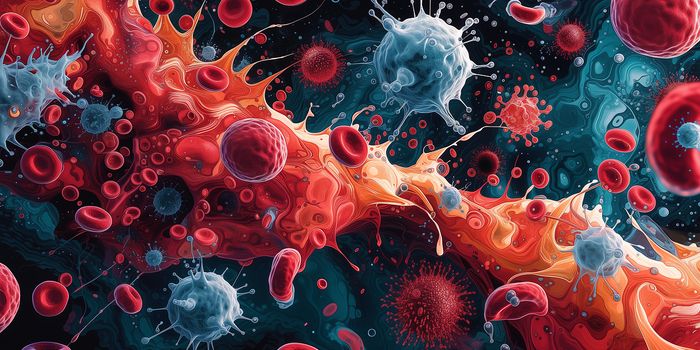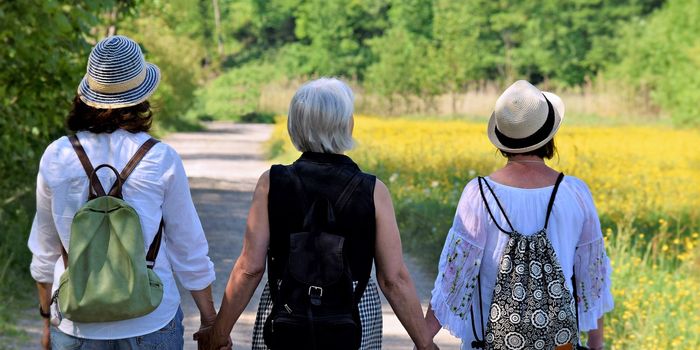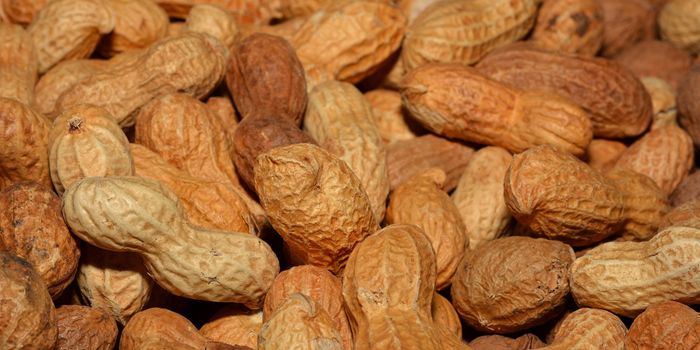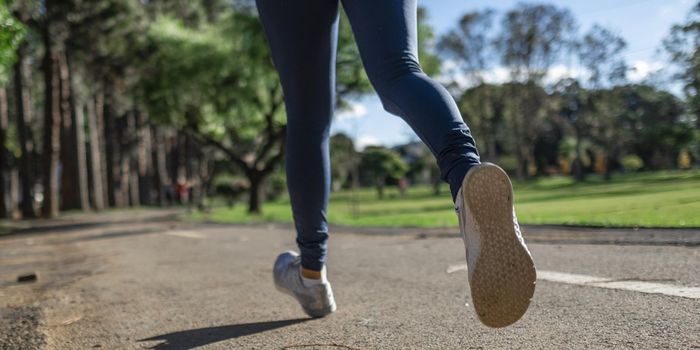More Potential Antibody Therapies for COVID Emerge
When it comes to clinical countermeasures against COVID-19, one class of molecules stands out among the others: antibodies. Millions of years of evolution have equipped our immune systems with the ability to resist the constant barrage of threats to our health lurking in the environment. Producing antibodies is one of many mechanisms through which the body shields itself from infection. Advanced technologies now enable immunologists to discover unique antibody structures that attach to a specific target, or antigen, and mass-produce them for therapeutic use.
A team of scientists hunting for antibodies against SARS-CoV-2, the virus that causes COVID-19, have made a significant breakthrough in their study. Led by Senior Principal Investigator, Wang Cheng-I, the scientists used state-of-the-art antibody discovery techniques to identify antibodies that can neutralize SARS-CoV-2 and protect against or treat COVID-19 infection. The group has forged a partnership with the Japanese pharmaceutical company Chugai Pharmabody Research and together, they are racing to bring the lead molecules to the clinic at an unprecedented pace. They will join a suite of other global organizations with COVID-19 antibody therapies in their pipelines, including Regeneron, Eli Lilly and Company and Tychan.
The concept of using synthetically manufactured antibodies to treat disease is not a new one. Today, there are over 80 approved antibody drugs that are clinically available for treating cancer, infectious disease, and inflammatory conditions. Many of these have been commercial blockbusters. For example, among the list of approved antibody therapeutics is Humira, an arthritis medication that currently stands as the world’s best-selling drug. In the context of the ongoing pandemic, antibody drugs can serve populations for which a future vaccine can not. For instance, these include hospitalized patients with severe COVID-19 symptoms, those who are immunocompromised, the elderly, and very young children. Moreover, antibodies can not only ameliorate the respiratory symptoms of COVID-19 but also protect those most at risk of becoming infected, such as healthcare personnel.
Wang and colleagues utilized an antibody technique that involved “panning” for potential leads that bind to the coronavirus from a library of synthetic human antibodies. Using this platform, they were able to pick out antibodies that latched on tightly to the spike protein of SARS-CoV-2: the sugar-coated projections on the surface of the virus that give it the characteristic “crown-like” appearance microscopically. Once the antibody is locked onto the virus, it inhibits it from entering and infecting human cells.
"By binding to the crown, the antibody prevents the virus from attaching to human cells, and hence prevents infection," said Wang. Follow up experiments by the team proved that these antibodies were able to neutralize the live virus under in vitro conditions, which provide hope that they will have similar effects in patients. Chugai Pharmabody Research will now perform antibody engineering to optimize the molecules for potential therapeutic use.
Chugai's president and chief operating officer, Osamu Okuda, said: "The outbreak of novel coronavirus is the most devastating threat that people around the world have faced in decades.”
"I am thrilled that Chugai can join forces with A*Star in the global effort to help address this threat, and hope that together, we can open the possibility of clinical use as soon as possible."
Sources: The Straits Times, Channel News Asia, Biopharma Dive.









